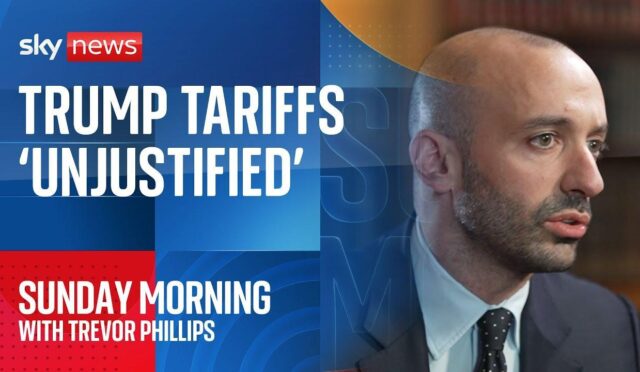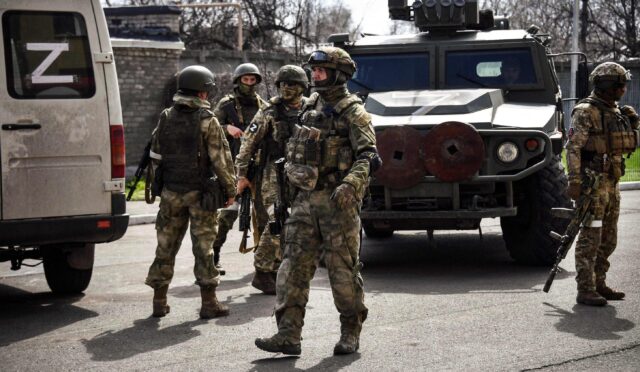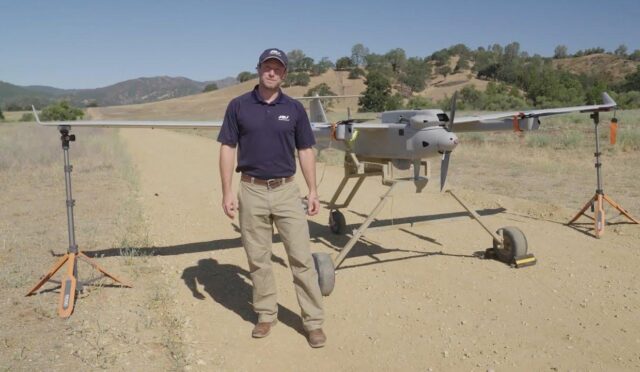Iran’s Uranium Enrichment Could Resume Soon, IAEA Warns
The head of the UN nuclear watchdog, Rafael Grossi, has indicated that Iran might restart its uranium enrichment activities in just a few months. This development comes despite recent damage to several nuclear facilities that resulted from military strikes by the United States and Israel, as reported by CBS News on Saturday.
The situation escalated on June 13, when Israel launched a bombing campaign targeting Iranian nuclear and military sites. The Israeli government claimed the strikes were necessary to thwart Iran’s potential development of nuclear weapons, a claim that Iran has consistently denied. In a subsequent military response, the United States targeted three crucial facilities linked to Tehran’s atomic endeavors.
Damage Assessment of Iranian Nuclear Facilities
Following the airstrikes, Iranian Foreign Minister Abbas Araghchi acknowledged that the damage inflicted on the nuclear sites was substantial; however, he refrained from providing specific details regarding the extent of that damage. Meanwhile, former US President Donald Trump stated that Iran’s nuclear program had been set back by ‘decades’ due to these military interventions.
In contrast, Grossi, the director general of the International Atomic Energy Agency (IAEA), asserted that some of Iran’s nuclear infrastructure remains intact. In an interview, he noted that Iran could begin enriching uranium soon, with just a few centrifuge cascades operational, underscoring the possibility of a swift resumption of their uranium enrichment activities.
Concerns Over Iran’s Uranium Stockpile
A critical issue arises regarding Iran’s estimated stockpile of highly enriched uranium, approximately 408.6 kilograms (900 pounds). This material, enriched to 60 percent, exceeds levels needed for civilian purposes but does not meet the thresholds for weapons-grade enrichment. Should Iran decide to further refine this uranium, it could potentially be transformed into enough fissile material for over nine nuclear bombs.
Grossi expressed uncertainty over the whereabouts of this uranium stockpile, suggesting some of it might have been destroyed during the airstrikes, while other portions could have been relocated beforehand. He emphasized the necessity for a thorough clarification on the status of this material, particularly in light of the recent military actions.
Iran Suspends IAEA Cooperation Amidst Tensions
In the wake of these events, Iranian lawmakers have opted to suspend their cooperative measures with the IAEA. Tehran has also rebuffed Grossi’s request for access to the damaged sites, especially the key uranium enrichment facility in Fordo. Grossi highlighted the importance of confirming the current state of these facilities and the materials stored within.
Former President Trump weighed in during a separate interview with Fox News, stating skepticism regarding the possibility that Iran had moved its uranium stockpile. Trump noted that relocating such significant quantities of material would be a challenging task, especially under time constraints. He conveyed doubts that any materials had indeed been moved during the recent turmoil.
U.S. Government Stands Firm on IAEA’s Role
On Saturday, U.S. Secretary of State Marco Rubio reaffirmed the United States’ commitment to supporting the IAEA’s crucial verification and monitoring operations in Iran. He praised the agency, along with Grossi, for their professionalism and dedication to overseeing Iran’s nuclear activities amid increasing geopolitical tensions.
The details from Grossi’s interview are expected to be featured on the program ‘Face the Nation with Margaret Brennan’ on Sunday, shedding more light on the ongoing concerns regarding Iran’s nuclear ambitions and the international community’s response.







